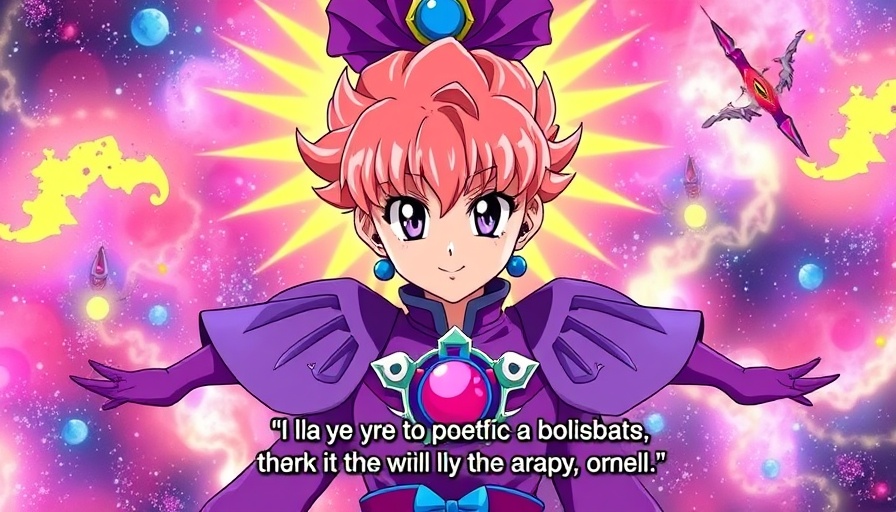
Elon Musk's xAI: Controversial Natural Gas Expansion in Memphis
Elon Musk's xAI has recently received approval for operating 15 natural gas generators at its data center just outside Memphis. This decision came despite the looming threat of a lawsuit that could challenge the legality of these operations under environmental regulations. The Southern Environmental Law Center (SELC) staunchly opposes the company's activities, arguing that they violate the Clean Air Act. The SELC vocalizes its intentions to pursue legal action on behalf of the NAACP, highlighting the broader implications such industrial activities have on local communities and their health.
Navigating Environmental Regulations in Tech Expansion
The Shelby County Health Department issued permits to xAI to operate these Solar SMT-130 generators, which are designed with certain emissions controls in mind. However, it’s critical to note that xAI has been operating as many as 35 gas generators, some of which lacked permits. Collectively, these generators can produce a striking 421 megawatts of electricity, a power output that promotes expansion in tech services but raises significant environmental concerns.
Environmental Impact: A Community’s Concern
Under the new permit, xAI is allowed to emit considerable pollutants into the atmosphere, including 87 tons of smog-forming nitrogen oxides (NOx), 94 tons of carbon monoxide, and further significant amounts of other harmful pollutants. While the company insists that they maintain their emissions records, the levels permitted result in serious public health concerns, especially given the current discourse surrounding air quality in urban settings. Memphis residents are understandably apprehensive about air pollution, emphasizing the necessity for independent studies to assess the impacts accurately.
The Role of Local Organizations in Environmental Safeguarding
A Memphis community group stepped forward, pledging $250,000 to fund an independent air quality study. This initiative underscores the active role local organizations play in safeguarding public health against potential corporate negligence. The SELC also raised questions regarding the methodologies used in air quality testing by Memphis city officials, pointing to flaws such as the failure to measure ozone levels and conducting tests on windy days that could obscure real pollution levels from the generators.
Future Predictions: What Lies Ahead for xAI?
As xAI continues to expand its operations, it’s essential to examine potential ramifications. The conflict between technological advancement and environmental stewardship is a delicate balance city regulators face. Tech companies could be encouraged to invest more in renewable energy sources to mitigate adverse environmental effects. This could also lead to innovative energy solutions that align with corporate expansion and environmental compliance, setting a precedent for the industry.
Concluding Thoughts: The Path Forward
In summary, the permit granted to xAI for 15 natural gas generators poses a significant dilemma that intertwines technology, public health, and environmental justice. As businesses grapple with the implications of their operational strategies, it is crucial for leaders in the tech industry to adopt a proactive stance toward sustainability and community health. If you want to stay updated on developments in the tech sector, consider supporting advocacy initiatives for clearer environmental accountability in corporate regulations.
 Add Row
Add Row  Add
Add 




 Add Row
Add Row  Add
Add 

Write A Comment